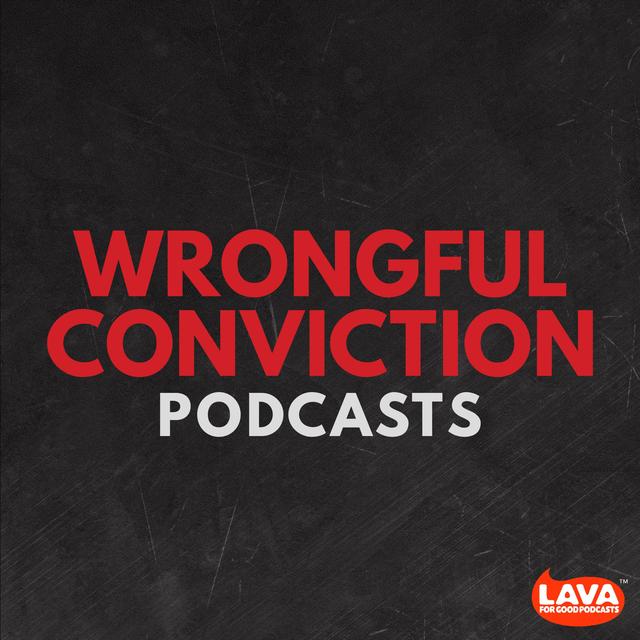Hi. I'm Robbia Jaudrey, attorney and co host of Undisclosed. And I'm Jason Flom, the host of Wrongful Conviction. With Jason Flom, we want to talk to you today about your rights and how they relate to interactions with the police. So, Robbia, let's say you're walking along on the street and your approached by police officers. What are some tips on how to not allow this situation to escalate? How do you
defuse it right now? So, look, if you've been stopped in public, first of all, I always remember you have the right to remain silent. You don't have to answer any questions at all, state loudly. I have the right to remain silent, and I'm exercising my right. I will
not answer any questions. Now here's the thing. Twenty two states have stopped and Identify statutes that require a person who's been stopped by an officer to show some kind of I D. Some of those states will require that an officer has to have a reasonable suspicion that you're engaged or about to engage in some illegal activity in order to demand that I D. But you're gonna have to look up your state by searching for what states
have stopped and identify statutes. It's important to remember that you don't have to consent to a search for your person or your belongings. And if you don't consent, once again, clearly state I do not consent to a search of my person or belongings. This might not stop the search, but it could help you legally down the road. If you have something right out in the open, the police don't need search warrants for items that are in plain view.
So if you have something you don't want the police to see, then we'll keep those private items out of sight. And remember you do not have to answer questions about your nationality or your immigration status. If you are witnessing at attention and arrest and altercation, you're a bystander. Well, you can record the police from a safe distance. That is your first amendment right, but in some states you have to let the police know that you're recording them.
They might not confiscate your phone or camera without a warrant, but if they try to, just clearly tell them that you do not consent to giving them your phone. But obviously if they try to take it from you, don't resist.
Now witnesses, and anybody stops to write down all the possible information they can, including officer names, badge numbers, the plates for patrol cars, how many officers are present, what agency they're from, just any kind of information you have, and finally, look if you're being arrested, it's very very important do not resist arrest. It does not end well. Our goal is to help you stay safe during these interactions and keep yourself out of jail and out of
harm's way. To learn more and get involved, listen to Undisclosed and listen to Wrongful Conviction podcasts. These are your legal rights. Know your rights, understand your rights, and most importantly, exercise your rights,

